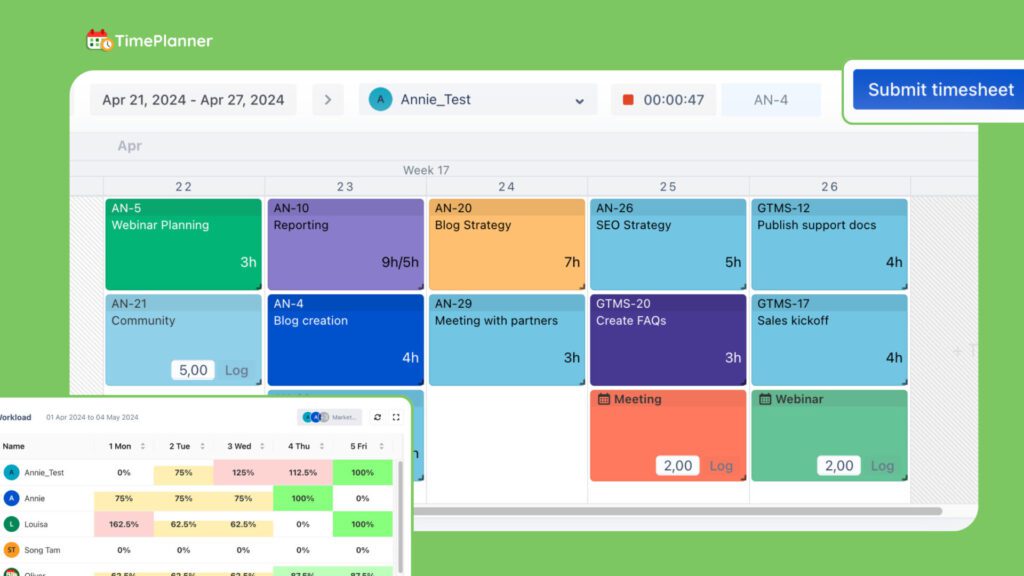In the world of business, the role of a team manager is both pivotal and challenging. As organizations strive for higher productivity and better results, the demand for effective team managers continues to grow. But what exactly is a team manager, and what makes them so crucial to organizational success?

This blog will explore the definition, responsibilities, and path to becoming a team manager, as well as team management tips.
Table of Contents
What is a Team Manager?
1. Definition
A team manager is responsible for overseeing a group of individuals working together on various projects and tasks. This role involves managing not just the work that needs to be done but also the people who do it. Team managers ensure that their teams are efficient, projects are delivered on time, and employees remain motivated throughout their tasks.
2. Key Responsibilities of a Team Manager
The responsibilities of a team manager can be broad and varied but typically include:
- Goal Setting: Aligning the team’s objectives with the company’s goals and ensuring every member understands their role in achieving these targets.
- Resource Management: Allocating resources effectively, whether it’s personnel, time, or materials, to maximize productivity.
- Performance Monitoring: Keeping track of team performance, providing feedback, and implementing improvements to meet project targets.
- Team Development: Identifying training needs and opportunities for growth to enhance team capabilities and professional development.
- Conflict Resolution: Addressing disputes within the team and resolving them in a manner that maintains harmony and cooperation.
3. Team Manager vs. Team Leader
While the terms ‘team manager’ and ‘team leader’ are often used interchangeably, there are distinct differences between the two:
- Role Scope: Team leaders often focus on short-term tasks and leading a team on a project basis. Team managers, however, oversee the team’s function as a whole, managing not just projects but also people, budgets, and strategy.
- Authority and Responsibility: Team managers generally hold a formal management role and are responsible for the performance appraisals and career development of their team members. Team leaders might not carry these responsibilities.
How to Become a Team Manager?
Becoming a team manager typically involves a mixture of education, experience, and skills development:
- Education: Earn a degree in business management, human resources, or a relevant field.
- Experience: Gain experience working in teams and taking on leadership roles, even in informal capacities.
- Skills Development: Develop key management skills, such as effective communication, conflict resolution, and strategic planning.
- Certification: Consider obtaining certifications like PMP or Certified ScrumMaster to enhance your resume.
Team Management Strategies for Managers
Effective team management is essential because it directly affects organizational performance. Good team managers contribute to improved team morale, higher productivity, and ultimately, better business outcomes. Here are some key strategies that managers can use to lead their teams successfully:
1. Set Clear Objectives and Expectations
Articulate the team’s goals and objectives precisely to ensure clarity and direction for all team members. It is crucial that each member comprehensively understands their roles and responsibilities to foster accountability and effective collaboration. Additionally, establish benchmarks that are both measurable and attainable, providing a clear pathway to success and allowing for the ongoing evaluation of progress.
2. Promote Team Collaboration
Create chances for team members to work together, which helps build unity and a shared sense of purpose. Use project management tools like TeamBoard Proscheduler or TimePlanner so everyone can see how their work helps the whole project. Also, plan team-building activities that are fun and improve teamwork skills.
3. Adapt Management Style to Fit the Team
By understanding the diverse personalities, strengths, and weaknesses of team members, managers can effectively adjust their leadership style to meet individual needs and project requirements, while also encouraging autonomy and providing the necessary direction and support.
4. Time Management
Access to historical data is essential for managers to make precise time estimations. They require a robust tool with project time tracking capabilities like TeamBoard TimePlanner. This tool lets managers track time, set task durations, view team timesheets, and effectively monitor resource allocation. By utilizing such tools, managers can enhance their planning accuracy and resource management.

5. Offer Support and Guidance
It’s essential to be accessible and ready to assist your team members with any challenges they may face in their tasks. Ensure they have the necessary resources and training to perform their roles effectively. Beyond just managing, embrace the role of a mentor by offering advice and sharing experiences that can significantly influence their professional development and career growth. This holistic approach not only enhances team performance but also fosters a supportive and growth-oriented work environment.
Challenges Faced by Team Managers
Team managers often face a variety of challenges that can impact their ability to lead effectively and achieve team goals. Here are some of the common challenges faced by team managers:
- Balancing Team and Individual Needs: Finding the right balance between achieving team objectives and catering to individual career aspirations.
- Handling Conflict: Effectively managing and resolving conflicts that arise within the team.
- Adapting to Change: Keeping the team focused and productive through organizational changes and external pressures.
Final Words
Being a team manager is both challenging and rewarding. It requires a blend of strategic thinking, interpersonal skills, and resilience. Those aspiring to this role should focus on developing these skills and take every opportunity to lead. Are you ready to step up and drive your team to success? This article should serve as a robust foundation for understanding the multifaceted role of a team manager.
Related Articles:














